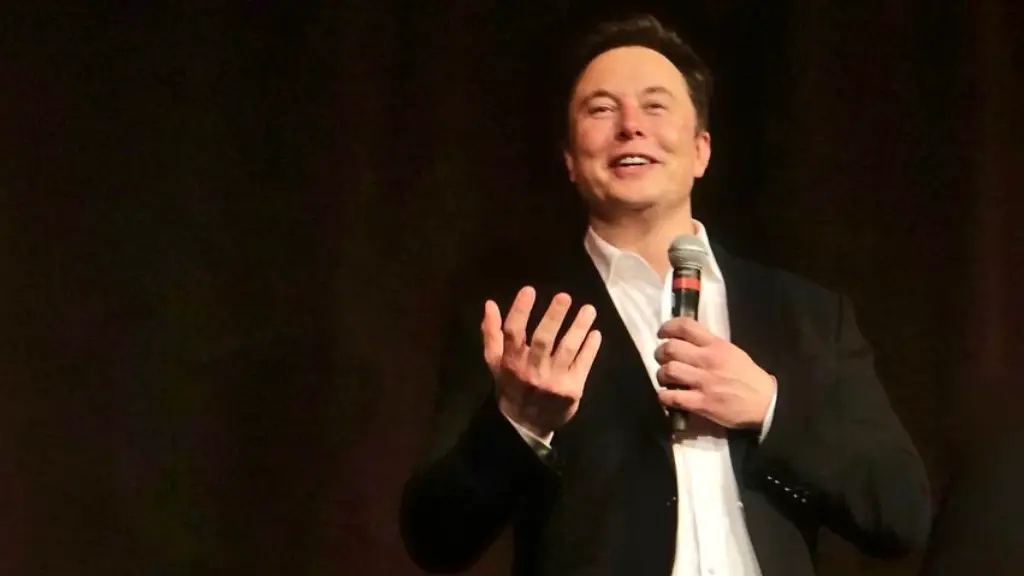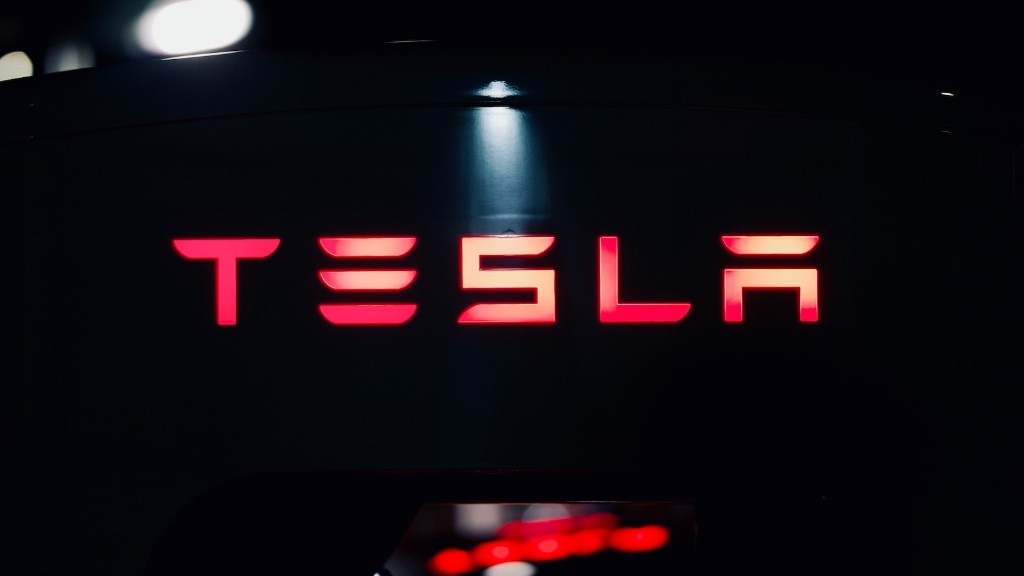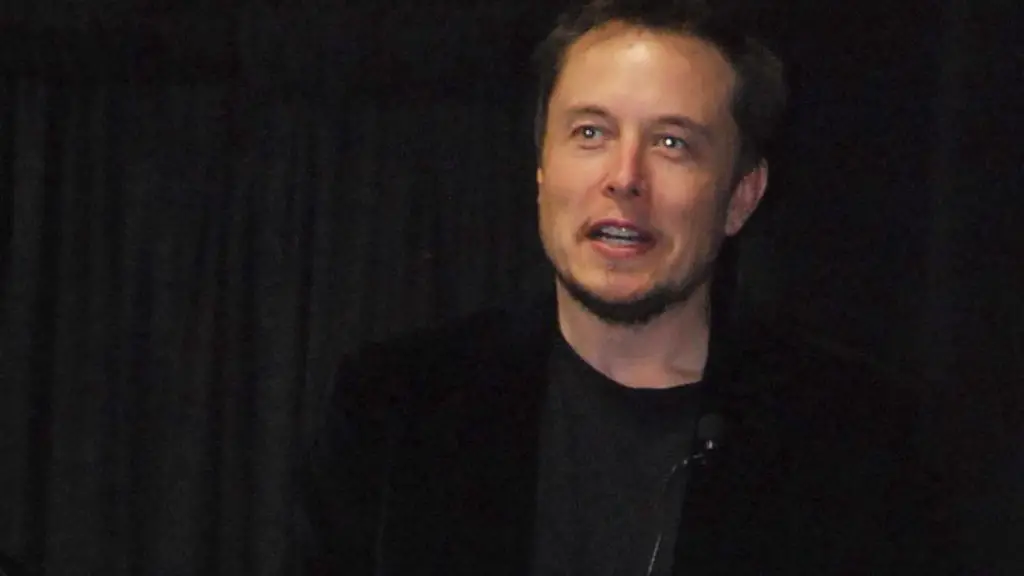Elon Musk, the successful entrepreneur and founder of Tesla, Neuralink, SolarCity and Space X, recently proposed the startling notion that we might be living in a computer simulation – a reality that is simply a product of programmers and engineers. This seemingly bizarre concept has had scientists and philosophers scratching their heads, wondering if this is actually the case. Could it be that our entire existence is nothing more than a simulation, a highly sophisticated one, but a simulation nonetheless? It’s an intriguing question, and it has stirred up quite a bit of debate since Musk first advanced it in 2016. But what is the evidence that this might be true?
What makes Musk’s proposal interesting is that we have become advanced enough in our simulation technology to come to a point where we can simulate an experience with a high degree of precision. For instance, virtual reality has become so realistic that it can take us to places far outside the physical boundaries of the real world. We can interact with our environment and explore places that are virtual, but real to us. This is a far cry from the early days of video games and basic 3-D simulations that lacked detail or complexity.
Nowadays, video games like Grand Theft Auto use high fidelity graphics and physics-based interaction to create a virtual world that often surpasses what is possible in the real world. It’s this convergence of technology that has experts wondering if our reality could be a simulation created by someone else.
Another part of Musk’s proposal is that given the advancements in artificial intelligence, be it the development of autonomous vehicles or virtual customer service agents, it’s not a stretch to imagine that an AI could eventually be able to create a simulated world that could feasibly pass for the real world. In such a world, the artificial beings in the simulation might not even realize that they are living in an artificial environment.
Musk is not alone in this theory. There are numerous famous intellectuals that have advanced similar ideas in the past, most notably Nick Bostrom, who proposed what he called the ‘Simulation Argument’ in 2003. This argument stated that it was at least possible that we could be living in a simulated universe, and even went on to suggest that we were most likely simulations.
If we are in fact living in a simulation, what would the implications be? One possibility is the notion of a so-called multiverse, in which several universes exist simultaneously. This could explain the long-standing mystery of the ‘weak anthropic principle’ which states that certain physical properties of the universe are inexplicable unless we are living in a universe that was designed specifically for us. It could also help explain why certain laws of physics appear to be violations of the law of conservation of energy, which suggests that the universe is a closed system and energy can’t be created or destroyed.
There are also the ethical and philosophical implications, such as the notion of free will. If our world is a simulated one, then it could be argued that our actions are predetermined by the programmers of the simulation, and thus not under our own control. Of course this raises questions as to whether or not we are truly free to make our own choices, or if our lives are merely part of a pre-ordained script.
What Are the Possible Implications?
On the other hand, if we are part of an advanced simulation then it stands to reason that there must exist more advanced beings outside the simulation who are responsible for its programming. This could imply that our technology and our understanding of the universe are actually quite limited in comparison to the level of knowledge and insight that these programmers possess.
It’s worth noting that some experts have disputed the validity of the simulation argument, saying that it relies too heavily on assumptions about the capabilities of current technology. Others suggest that the notion of a simulated universe is a product of human hubris, with people falsely believing that their level of technology and intelligence is the highest that exists.
Finally, it’s important to point out that there is no scientific consensus on the simulation argument. Most scientists are hesitant to even entertain the idea that we might be living in a simulated universe, and there is no proof that such a reality actually exists. The idea remains firmly in the realm of science fiction, and as such is more of a thought experiment than an empirical proposition.
What Are the Possible Explanations For the Argument?
The reasoning behind Musk’s proposal lies in the idea that given the advancements in computing and artificial intelligence, it is possible that our reality could have been created by a computer and the laws of nature merely programmed into it. This theory suggests that all of the physical laws of the universe, from gravity to quantum mechanics, are actually just simulations created by programmers.
The idea of a simulated universe also relies on the notion of determinism. This means that all events, both past and present, can be explained and predicted according to certain laws. If the universe is determined then it becomes possible for an AI to create a world in which physical laws are followed and certain predetermined outcomes are guaranteed. The implication is that if we are in fact living in a world created by an AI, then our lives are predetermined by the programming of the simulation.
The simulation argument is an interesting one, and it certainly has its share of supporters and detractors. But whatever the outcome may be, it seems clear that what initially appeared to be a bizarre idea has become a legitimate subject of inquiry, with researchers exploring the various implications of our potentially simulated reality.
What is the Claims?
Elon Musk’s original claims came at the 2016 Recode conference, where he proposed that based on existing technology, it’s entirely possible that we are living in a computer simulation. This intriguing notion set off a flurry of debate and speculation among scientists and philosophers, some of whom argue that the argument is fundamentally flawed, while others argue that it is a legitimate philosophical idea that has its own merits.
At the heart of the debate is the question of whether or not our universe is in fact a simulated one. If it is, then it stands to reason that either its laws must be predetermined or else they could not be programmed into the simulation. This implies that all events, both past and present, may be preordained and not under our own control. This raises ethical and moral questions, as well as fundamental philosophical questions about the nature of free will.
One thing that Musk’s proposal does provide is a legitimate subject for inquiry and debate, as it has spurred on research into the implications of a simulated universe. While there is still no consensus on whether or not this could actually be the case, it is an intriguing notion that has the potential to challenge our conceptions of reality and the universe.
What Are the Areas of Concern?
While the proposal of a simulated universe is intriguing, it’s important to note that it does present some areas of concern. For instance, if our universe is in fact a simulation, then how could its laws be predetermined? This would mean that our lives are already set in stone, and that our choices have been predefined by someone else. This would have serious implications for our notions of free will and autonomy.
Another major area of concern is the ethical implications of a simulated universe. If the people within the simulation are unaware of their own artificial nature, then it could be argued that they are being exploited in some way. This raises questions about the ethical implications of creating a world in which the inhabitants are unaware of their own artificiality.
Finally, there are the implications of an advanced civilization outside the simulation. If such a civilization exists, then it stands to reason that their knowledge and insight may be far greater than ours, and that our technology and understanding of the universe may be quite limited in comparison. This could lead to feelings of inferiority and vulnerability.
Conclusion
The notion that we might be living in a simulated universe has captivated scientists, philosophers, and in some cases, even the general public. While there is still no consensus on whether or not this is actually the case, the debate surrounding it has raised some interesting points and implications, particularly with regards to free will and ethical considerations.
Ultimately, while there is no proof that any of this is true, it’s an interesting thought experiment that forces us to consider the boundaries of our reality and ponder the possibility that there may be more to our universe than we initially thought.





